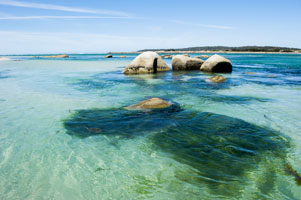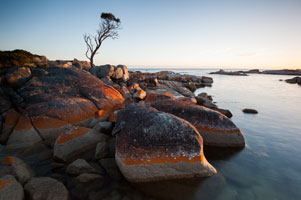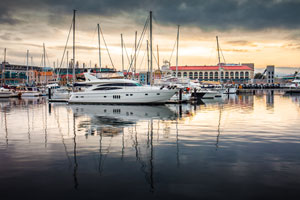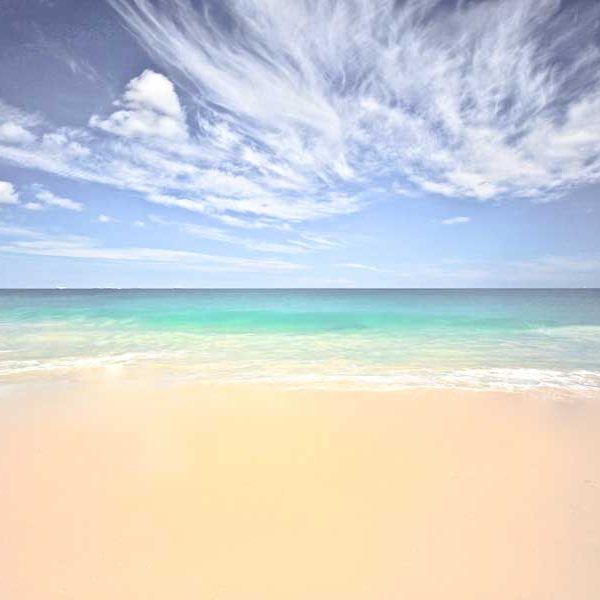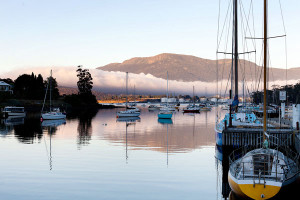Tasmania is an isolated island separated by the Bass Strait from the Australian mainland around 240 km south.
„Tassie“ or the „Under Down Under“, how this island state is also often known as, is the smallest Australian state with population slightly over 515 000 people while significant part of them resides in the metropolitan area of the capital city Hobart. Tasmania has a temperate climate with bigger temperature differences during four different seasons.
The area was, same as other parts of Australia, initially inhabited by Aboriginals and was first discovered by Dutch explorer Abel Tasman (origin of the name) in 1642.
Later on, due to the European and especially British settlement, the original Tasmania’s Aboriginal population was almost entirely destructed.
The island is the most geographically diverse state while more than 40% of its area is protected as natural reserve and world heritage wilderness.
Beautiful landscapes, magnificent views, unique animal species, rich history and laid-back kind of lifestyle together with friendliness of locals are indisputably Tasmania’s assets.
Tasmanian Devils, Wombats, Wallabies, Platypuses or Little Penguins are some of the typical representatives from the animal world, while Pandani (which can be found only in Tasmania) is the world’s largest health plant.
Tasmanian east coast with white, sandy beaches is different from the inland with the dominating Cradle Mountain–Lake St Clair National Park and rough and slightly isolated west coast.
The unspoilt nature creates unique and almost magical atmosphere which can be hardly found anywhere else in the world.
Places such as the symbolic Wineglass Bay, Freycinet National Park, Port Arthur Historic Site, Bruny Island or Tasman National Park are only some of the most favourite tourist attractions.
Remoteness of Tasmania only helps to lift up the romantic feeling while witnessing countless number of astonishing waterfalls.
Apart from beautiful forest walks and hikes, Tasmania is also a great place for those who prefer to taste the local production thanks to its top quality honey, seafood, cheese or wine.
Launceston, Devonport and Burnie belong, alongside to Hobart, to most significant population centres.
Interesting fact about Tasmania is, compared to the rest of the country, that vast majority of Tasmanians were actually born in the state which creates rare homogeneity of local population.
 TravellerHints!
TravellerHints! 